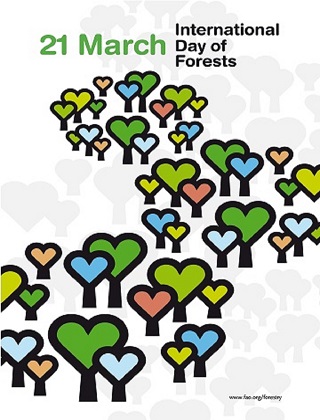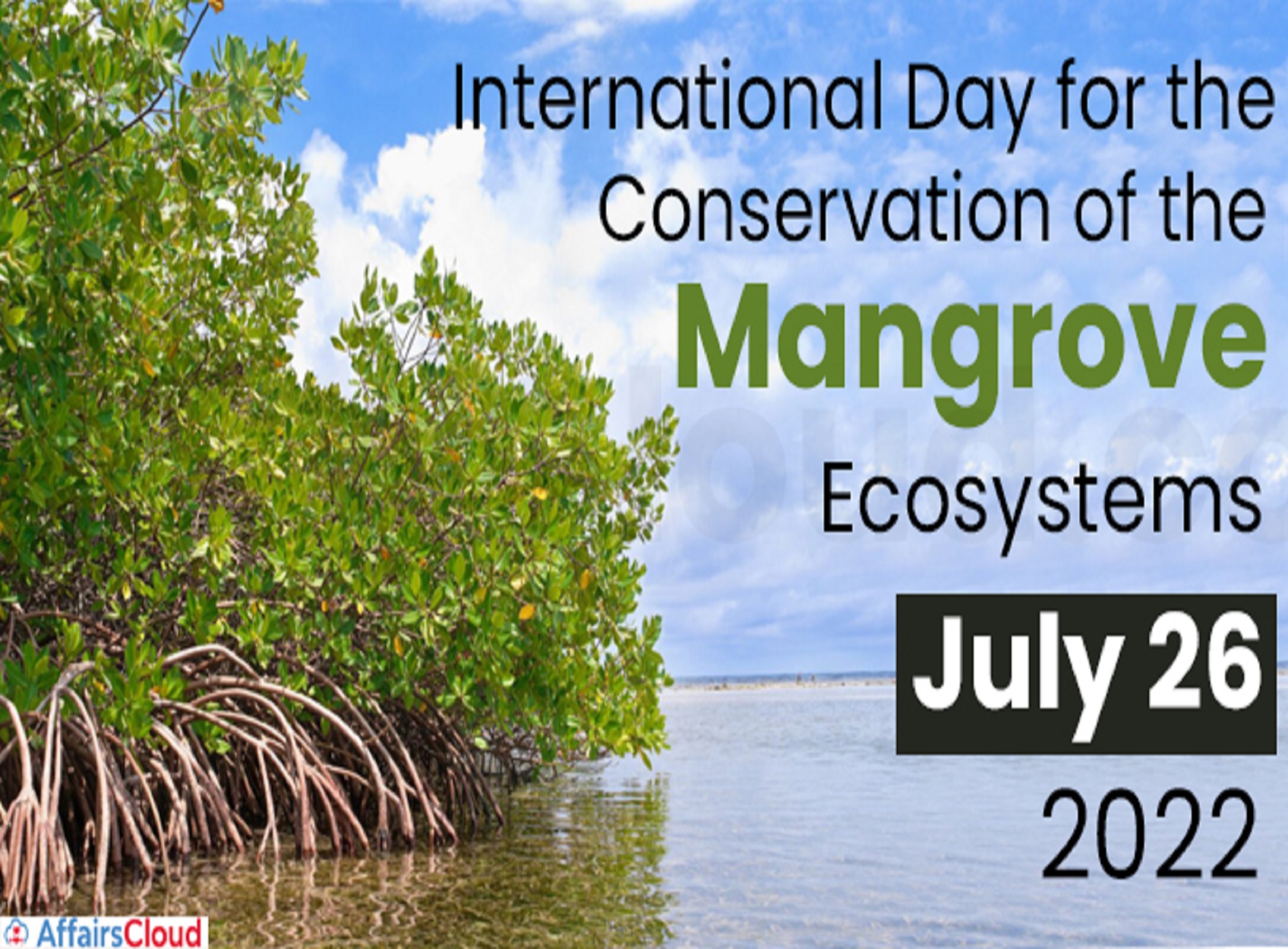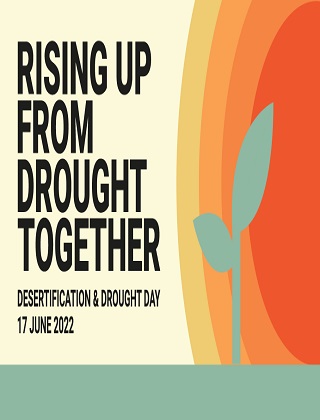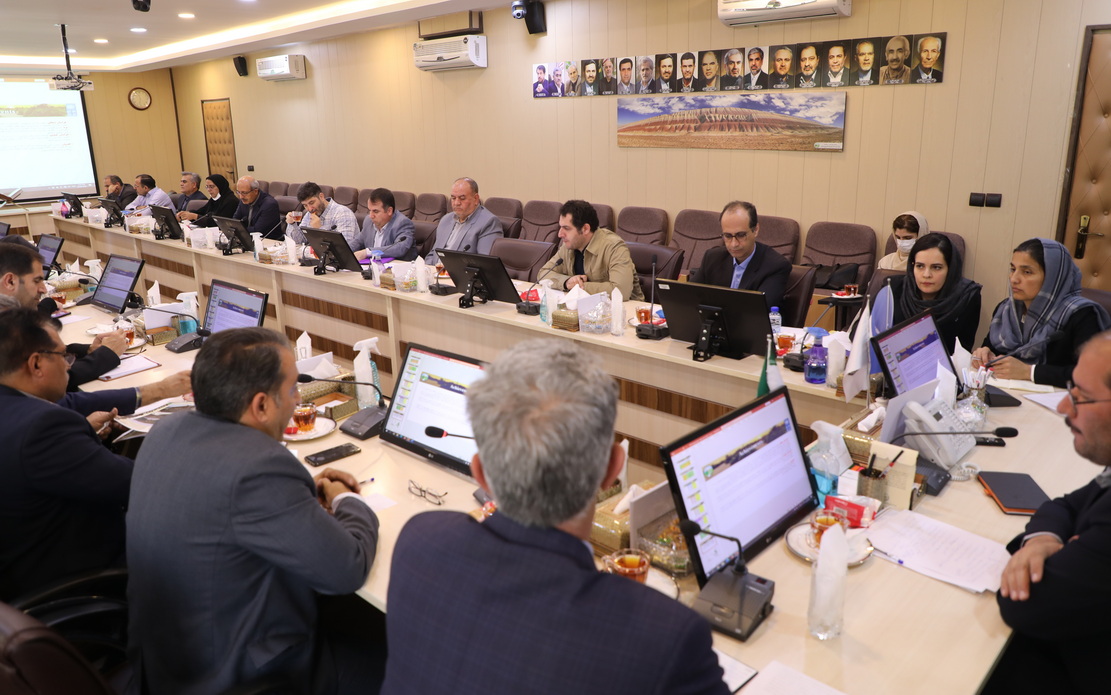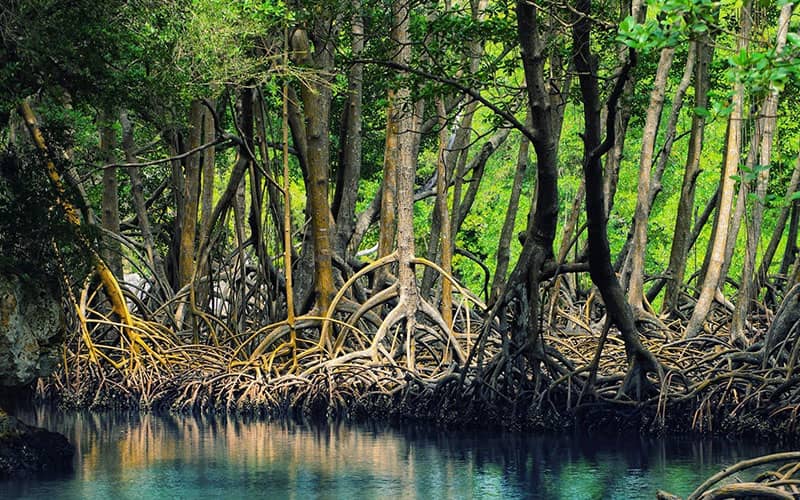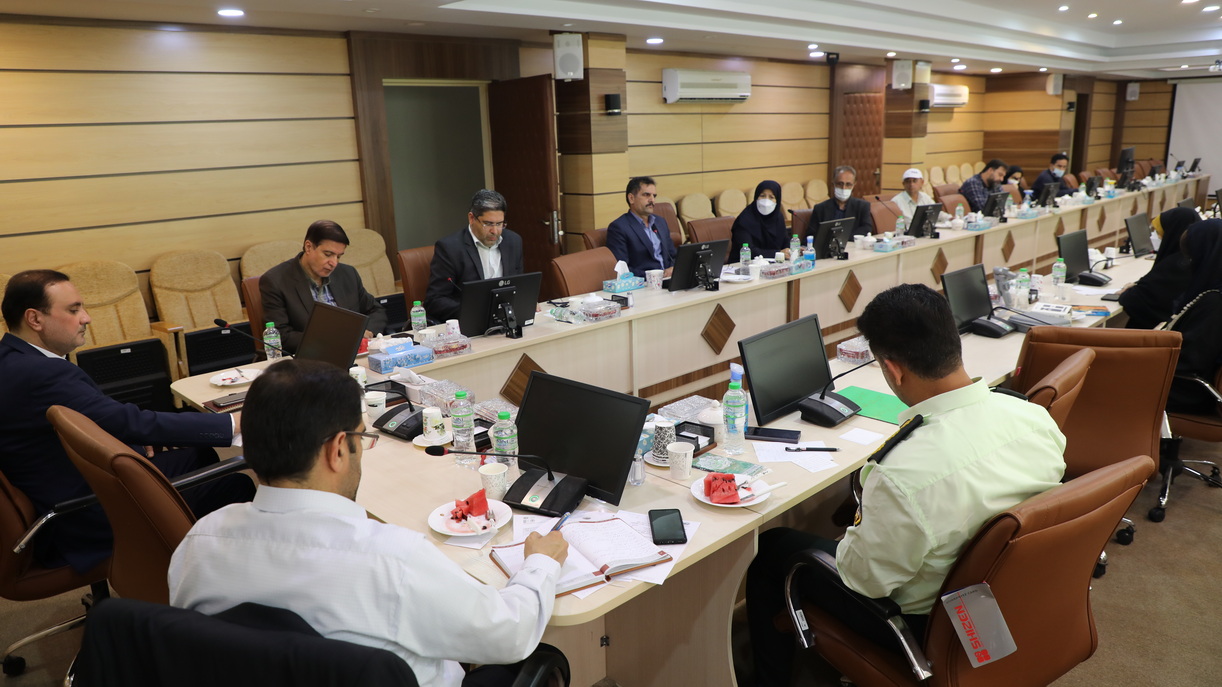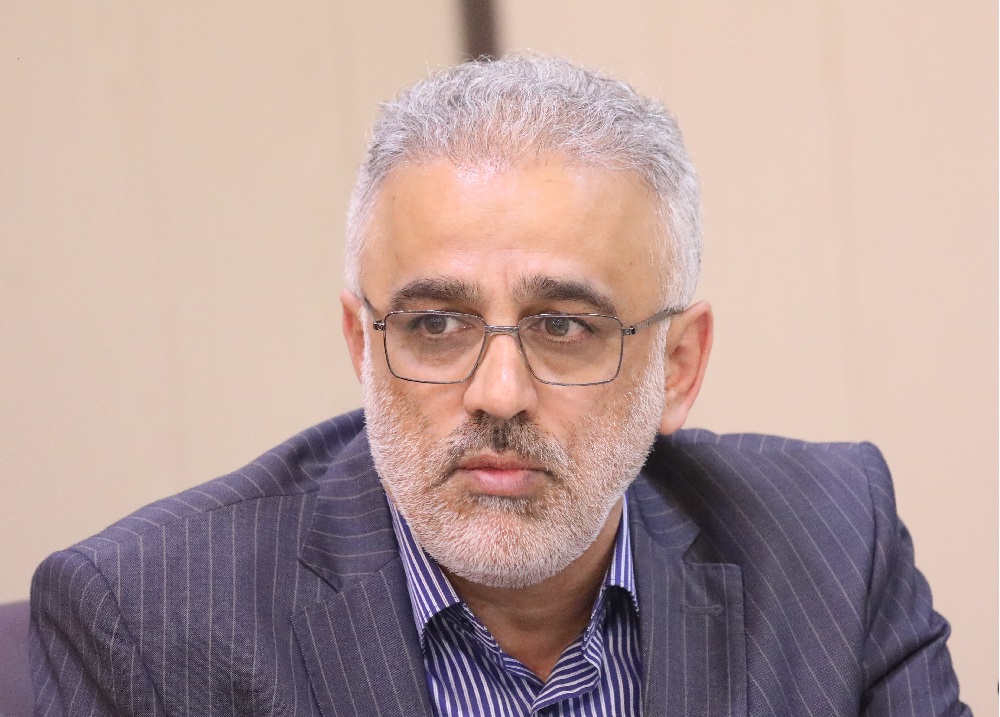Dr. Nobakht Vice Minister and Head of NRWO attended COFO 26
Dr. Nobakht's statement at Committee on Forestry meeting at FAO
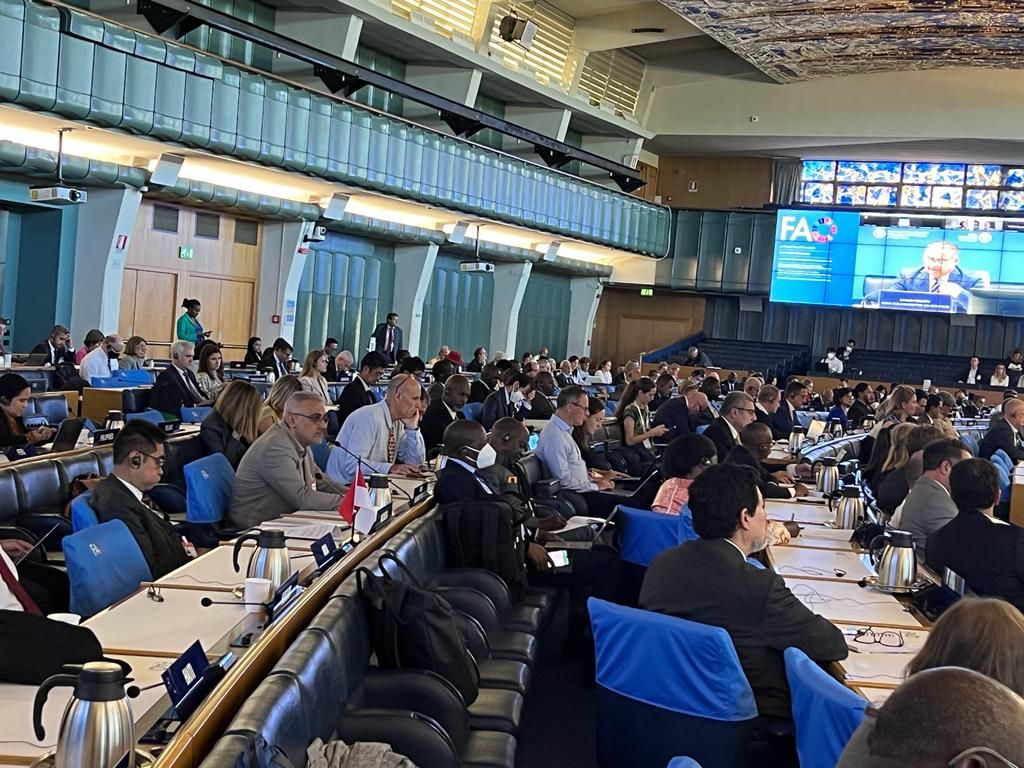
Twenty Sixth Session of Committee on Forestry held at FAO HQs
Mr. Chairman, Ladies and Gentlemen,
First of all, I would like to take this opportunity to thank the Italian government for hosting the 26th session of the Committee on Forestry in Rome, and express my sincere gratitude to the Secretariat of the FAO Forestry Committee, and especially to Mr. QU Dongyu, Director General of the FAO, for organizing this event. I hope this event will succeed in its foreseen objectives towards achieving sustainable forest management, development of forest cover in the world, combating climate change, supporting resilient local economies and achieve logical linkages between agriculture and forestry.
Mr. Chairman, ladies and gentlemen,
With a land area of 165 million hectares, Iran is the 17th largest country in the world. 14.3 million hectares of Iran's area are covered by natural forests (8.7 percent of Iran's area). Most of the country is located in the arid and desert climate and suffers from limitations and fragile ecosystem. However, due to her special characteristics in terms of geography and physiography, the country is quite rich in ecological diversity. Existance of more than 8,000 plant species including 2,000 endemic plant species to Iran and 1,200 animal species throughout the country is a proof of this claim.
The Hyrcanian forests in the northern part of Iran with an area of about 2 million hectares belonging to Tertiary Period and the remnant of the Ice Age are known as the mother of Europe's broadleaf forests, thus have values and criterion to be recognized as world natural heritage. Virgin parts of this habitat with an area of more than 300 thousand hectares, was registered as a world natural heritage site in 2018 by the UNESCO General Assembly.
Distinguished Participants,
As a productive ecosystem, forests have vital role and impact on humans' well-being on the planet earth. Islamic Republic of Iran, as one of the members of the world community committed to environmental conventions including UFCCC, CBD, UNCCD and UNFF has made every effort to protect and conserve the country's forests. Based on recent Global Forest Resources Assessment, I.R. of Iran has been successful in achieving food security by improving the situation or developing forest cover. In the meantime, Iran has been among the first 12 successful countries in terms of developing forest cover. In this connection, I should mention about Iran’s great initiative which is quite fundamental and unique which banned the industrial exploitation of the Hyrcanian forests ( known as Forest Rest Plan) with an ecological approach, paying due attention to the vital aspects of these forests’ ecosystem services, especially from water supply, soil conservation, health, ecotourism, biodiversity and sustainable development indicators point of view. Other countries can setup pilots and localize this model for protection and conservation of their natural forests, with the participation of concerned international organizations.
I.R. of Iran Natural Resources and Watershed management Organization’s strategy in the twenty-year horizon is to restore forest ecosystems, considering human societies as an integral part of this ecosystem. I.R. of Iran plans to take a concrete step to mitigate climate change effects by planting one billion trees in 4 years.
Land degradation and drought have caused many regions of Iran to be affected by dust storms, which originated mainly from Iran's neighbouring countries. Islamic Republic of Iran’s knowledge and expertise in addressing wind erosion and dust storm at national and international level, dates back to more than half a century. However, getting rid of this crisis requires adopting a comprehensive, systematic and targeted solution in managing and mitigation of dust storm effects. Continuous monitoring and setting-up early warning systems and information sharing among countries, affected by this phenomenon, are also necessary especially in the Middle East and West Asia.
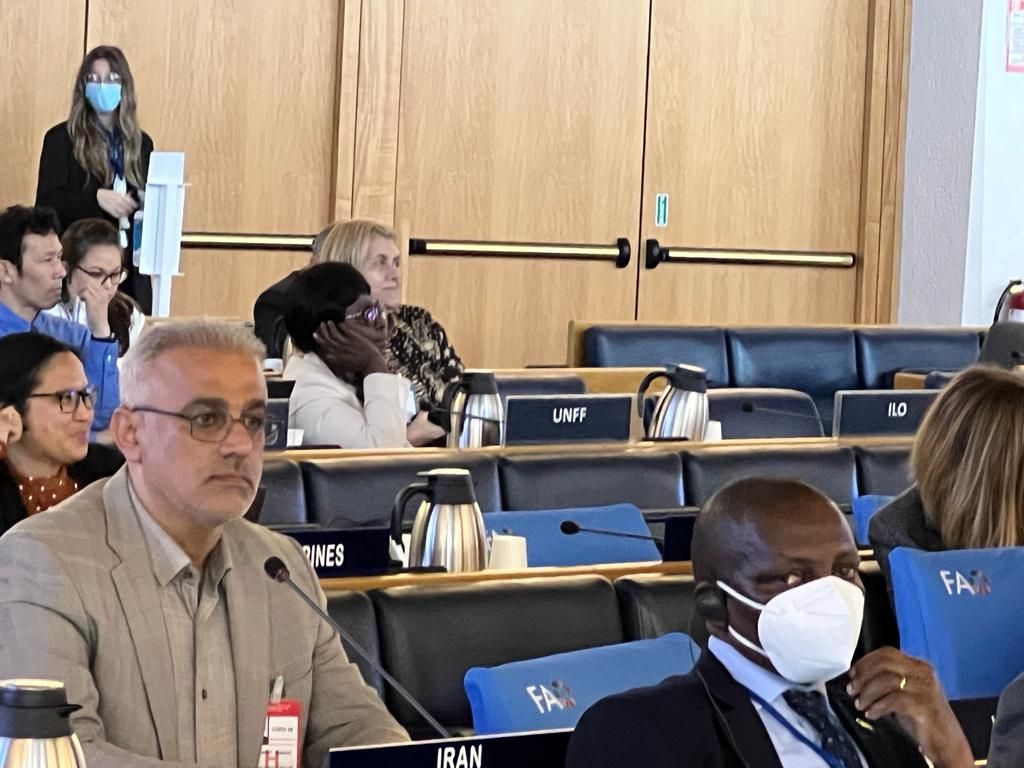
Establishment of the International Center for Integrated Watershed Management in Iran within UNESCO framework is a good opportunity to exchange regional and global experiences in the field of common issues such as: integrated management of watersheds, soil conservation, sustainable management of forests, rangelands and deserts, dust storm control, soil erosion and sediment control, mitigation of climate change effects on agriculture and natural resources, preparation of national and international maps and data, strengthening, equipping and setting-up reference laboratories and international stations.
Mr. Chairman, Distinguihed participants, Ladies and Gentlemen
In conclusion, Islamic Republic of Iran, in the continuation of this process, announces its readiness to cooperate with the countries of the region, with the participation of concerned international organizations, especially the FAO, in the field of natural resources and watershed management, to control land degradation and dust storm which imposes wide array of adverse impacts including human, economic and social aspects in the region. We welcome any regional initiative to formulate a strategy and road map to overcome the current problem and agree on an action plan in order to achieve sustainable management of forests.
Thank You Very Much
![]() Send to a Friend
Send to a Friend


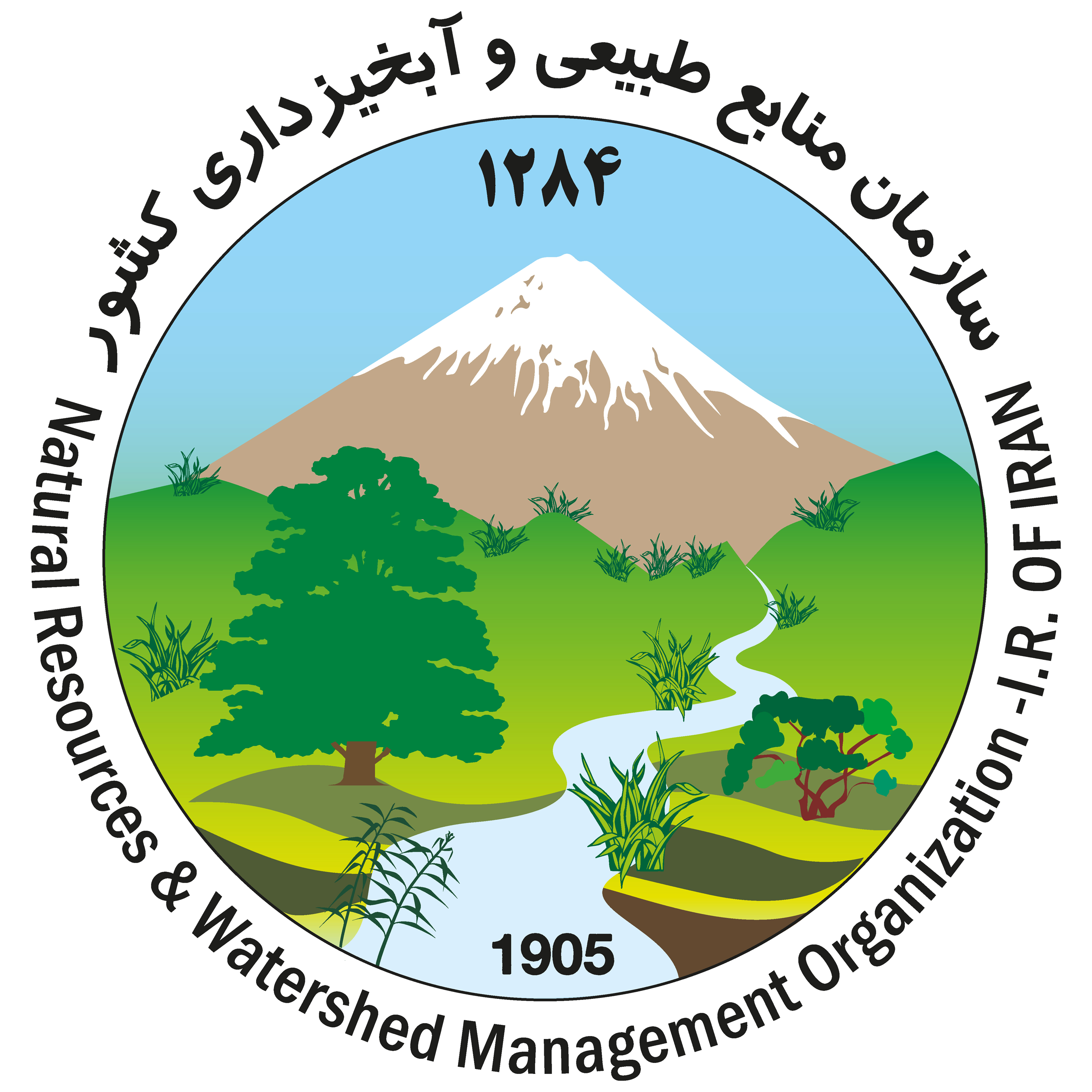
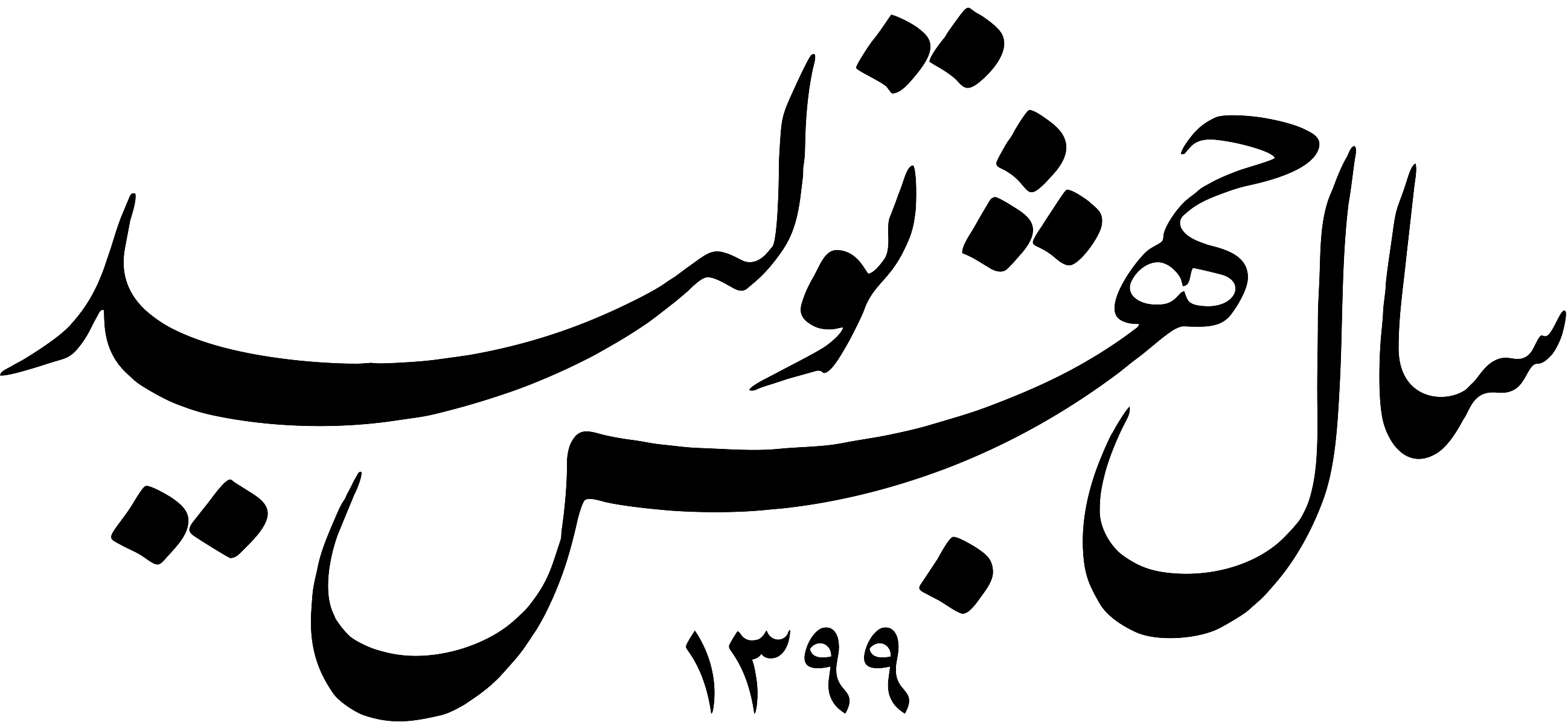
.png)

